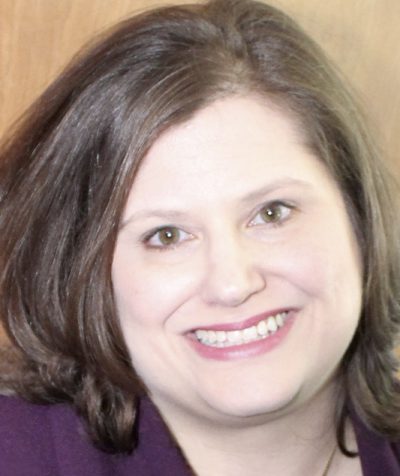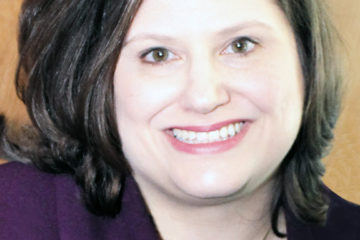Purim and the power of words

Rabbi Karen N. Bodney-Halasz, Temple Israel
As Purim approaches, my thoughts turn to our heroine, Queen Esther. Though introduced to us merely for her beauty, Esther is remembered for her bravery and strength of spirit. When Queen Esther learned of Haman’s wicked plan to destroy all the Jews in the land, she risked her own safety and spoke up on behalf of the Jewish people, saving Shushan’s Jews. Through her punctilious use of words, she changed the fate of an entire community.
When I read through the story of Purim, I am struck by the power of words. Indeed, there is an ancient translation of Genesis 2:7, normally translated as “the human became a living being,” that explains, “the human became a speaking being (Targum Yonatan 2:7).”
In this slight change from “living” to “speaking,” we learn that it is our use of language that defines us and separates us from the animals. In order to maintain civility, we must maintain ethical use of our language. If used honorably, words can inspire, uplift, enlighten, and embolden. In fact, the world was created out of the spoken word, as demonstrated in Genesis 1:3. God said: “Let there be light — and there was light.”
On the other hand, words spoken maliciously can destroy worlds. Appropriately, in Hebrew, “words,” devarim, is closely linked to devorim, “hornets.” We learn that words are so powerful that they can tear our flesh open like the sting of a bee.
The Talmud teaches that the most dangerous part of the human body is the tongue, which is why it is guarded by two walls — teeth and lips. The tongue is doubly protected to prevent it from abusing its power.
Especially in this era of instantaneous communication, words have global ramifications. The Talmud tells us that “slander and gossip spoken in Rome can kill in Syria (P. Talmud, Pe’ah 1:1).”
Indeed, incendiary language can be even more deadly than physical assault. As pointed out by Rabbi Saul Teplitz in his book The Courage to Change, “For every word in Hitler’s Mein Kampf, 125 lives were lost; for every page, 4,700 lives were destroyed; for every chapter, 1,200,000 murders of Jews were committed.”
When we consider the enormous influence of words, we must be like Esther. Esther spoke up when she could have stayed silent, putting herself at great personal risk. For every evil word spoken by a modern-day Haman or Amalek, we too must respond with words of truth and morality.
Tradition teaches us that Esther’s name means “hidden,” reminding us that God was masked in the story of Purim. God’s name does not appear in the megillah, but we are taught that it was God who strategically placed Esther in this position of power.
Perhaps we, too, have been placed where we are for a reason. Will we speak out when we witness hatred, injustice, and abuse?
While God created the world through God’s own words, it is by our use of words that we shape humanity.
To read the complete March 2017 Dayton Jewish Observer, click here.




